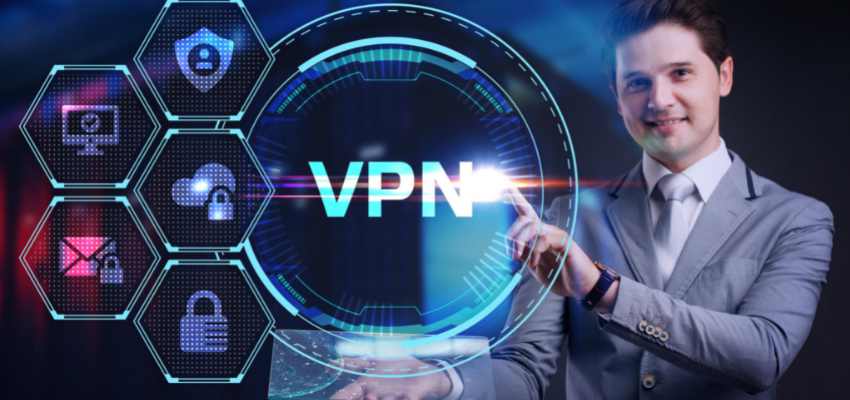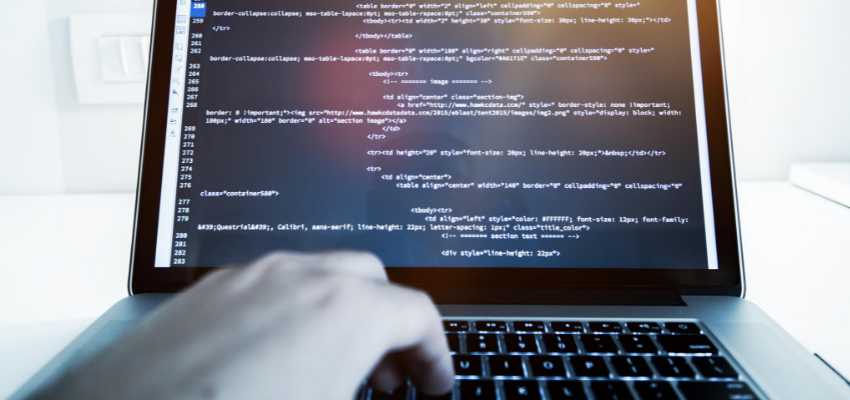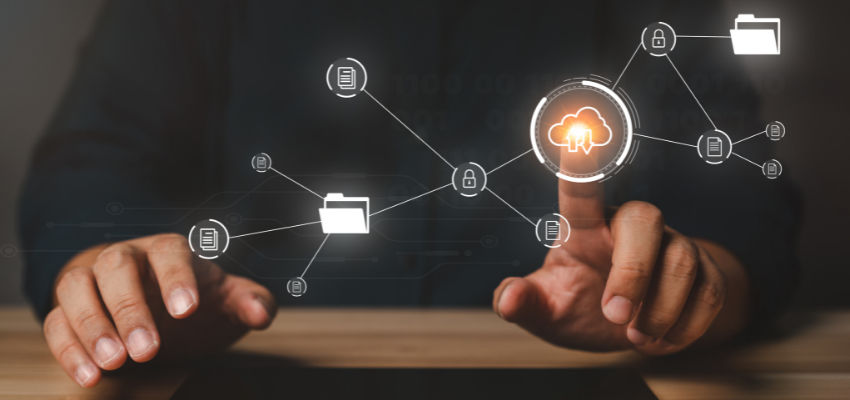Show:
Maximizing Online Privacy: Tips and Best Practices for Using VPN Services Effectively
Navigating the internet without a VPN is like sailing in a boat with a leak; your data can seep out without you even noticing.
With the right tricks up your sleeve, you can maximize your online privacy using VPN services effectively. This involves not only choosing a reliable VPN provider, but also setting it up correctly, and knowing how to use it safely, especially on public Wi-Fi.

But how do you know if you’re getting the most out of your VPN? Stick around to find out.
Choosing the Right VPN Service Provider
When it comes to choosing the right VPN provider, you should closely consider factors like:
- the level of encryption,
- no-logs policy,
- server coverage,
- additional features, and
- pricing plans.
The level of encryption is vital, as it’s what keeps your data secure from prying eyes. Look for providers offering AES-256 encryption like Browsec VPN – it’s the most secure and commonly used encryption.
Having a strict no-logs policy means the VPN provider doesn’t track or store your online activities. This is a major plus for maintaining your privacy.
Also, pay attention to the server coverage. More servers in diverse locations offer better speed and the ability to bypass geo-restrictions.
Don’t ignore additional features. Some VPNs offer perks like ad-blocking, malware protection, and automatic kill switches that disconnect you if your VPN drops, ensuring your data isn’t exposed.
Lastly, consider the pricing plans. Don’t just go for the cheapest option; instead, weigh the cost against the features and security offered. Reading reviews can give you a real sense of a VPN’s performance and value for money.

Setting Up VPN to Maximize Online Privacy
Setting up a VPN is simpler than you might think, and it’s an essential step towards safeguarding your online privacy.
1: Installation
Start by downloading and installing your chosen VPN’s software on your device. This process usually involves a few simple clicks and doesn’t require any technical knowledge.
2. Configuration
After installation, open the VPN app and dive into the settings. Here, ensure you’ve enabled the highest level of encryption available. Typically, this would be a 256-bit AES encryption.
3. Connection
Now, it’s time to connect. Select a server location that suits your needs. For privacy reasons, it’s best to avoid your home country.
Once connected, your online activities are now private and secure. You’re effectively invisible to those looking to track your data.
Keep in mind, though, that while VPNs shield you from prying eyes, they’re not a cure-all. Always practice safe online habits, like using strong, unique passwords and being careful of the information you share online.
Ensuring VPN Compatibility With Devices
Before investing in a VPN service, it’s crucial to ensure it’s compatible with your devices. You wouldn’t want to purchase a subscription only to discover it doesn’t support your operating system or device.
So, always check the compatibility information on the provider’s website before making your choice.
Most VPNs are compatible with the main platforms like Windows, MacOS, iOS, and Android. However, if you’re using a less common one like Linux or some specific models of routers, you need to dig a bit deeper.
Consider all the devices you want to protect. Maybe you have a tablet, smart TV, or game console you’d like to secure. Some VPNs offer apps or manual setup guides for these devices. Others support installation at the router level, which automatically protects all devices connected to your home network.
Also, pay attention to the number of simultaneous connections a VPN allows. If you’ve multiple devices, you’ll appreciate a service that doesn’t limit your security.
Improving VPN Speed and Performance
Sometimes, the use of a VPN can slow down your internet speed due to encryption, server distance, and load. However, you can improve this with some simple steps.
- Choose a server closer to you. The physical distance between you and your VPN server affects your internet speed. So, pick a server that’s close to your location for better speed.
- Avoid peak times. Like any service, VPNs can get congested during peak usage times. If you notice a slow-down, try connecting at a different time.
- Upgrade your plan. Free or cheaper VPNs often have slower speeds due to more users and fewer resources. An upgrade to a premium plan can significantly increase your speed.
Regular testing of your VPN speed can help you determine if you’re getting the performance you need. Tools like speedtest.net can give you an accurate reading.
If it’s consistently slow, consider switching your VPN provider. Remember, a fast, stable connection is key to a seamless online experience.

Safe Practices on Public Wi-Fi
Public Wi-Fi networks are notoriously insecure, leaving your data vulnerable to cyber threats. Using a Virtual Private Network (VPN) is an effective way to secure your data on these networks.
VPNs encrypt your data, making it virtually indecipherable to potential hackers. So even if someone intercepts your data, they can’t understand it. It’s like sending a sealed, coded letter which only the intended recipient can open and read.
Remember to always turn on your VPN before connecting to public Wi-Fi. Some VPN services offer automatic connections when accessing public networks, which can provide consistent protection.
Avoid accessing sensitive information such as bank accounts or credit card details on public Wi-Fi, even with a VPN. While VPNs significantly increase your security, they’re not 100% foolproof.
Lastly, it’s a good practice to log out of any services or accounts when you’re done using them on public Wi-Fi. This can prevent unauthorized access if your device is lost or stolen.
Understanding VPN Protocols
VPN protocols determine how data is routed between your device and the VPN server. Different protocols offer varying levels of speed, security, and reliability.
OpenVPN
This is the most common protocol, known for providing a good balance of speed and security. It’s open-source, meaning its code is available for anyone to check for vulnerabilities.
IKEv2/IPsec
Ideal for mobile users, this protocol automatically re-establishes your VPN connection if you lose internet connection briefly. It’s considered very secure but isn’t as widely supported as OpenVPN.
WireGuard
The newest of the protocols, WireGuard promises faster speeds and improved encryption. However, it’s still under development and isn’t widely offered yet.
Preventing VPN Data Leaks
When a VPN connection drops unexpectedly, your device may revert to its default settings, exposing your actual IP address and other sensitive data. This is known as a VPN data leak. You can prevent this by taking a few easy steps.
- Step 1: Use a VPN with a kill switch. This feature automatically disconnects you from the internet if your VPN connection drops, ensuring your data isn’t exposed.
- Step 2: Check for DNS leaks. Your DNS requests might bypass the VPN tunnel, revealing your browsing history to your ISP. Most premium VPNs offer DNS leak protection. Make sure it’s enabled.
- Step 3: Test for IP leaks. Regularly check your VPN for IP leaks. Several online tools can help with this.
With these tips and practices in mind, you can dive into the digital world with confidence, knowing your data is well-protected.

 Return to Previous Page
Return to Previous Page








